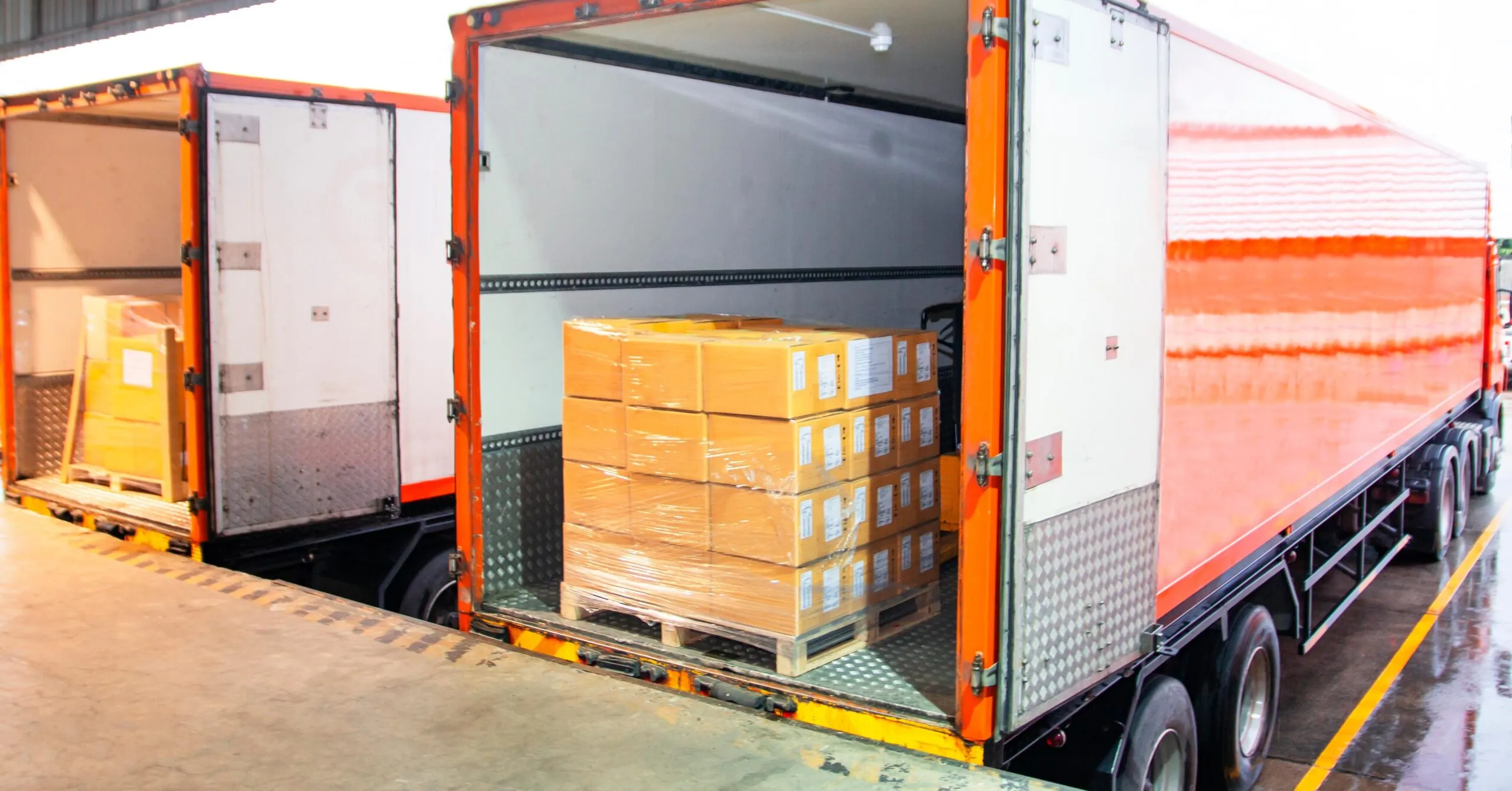
What Is Concealed Freight Damage?
Find answers to common freight questions
What Is Concealed Freight Damage?
Concealed freight damage can happen to anybody. Have you ever signed off on a shipment, opened it later, and found damage? That’s concealed damage. Here’s how this typically happens: you received a shipment, and you made sure to carefully look for signs of damage to the packaging. After not seeing any signs of visible freight damage, you signed the carrier’s proof of delivery (POD) form as all clear. However, once you unwrapped your shipment, you find that the cargo inside is damaged.
Of all the frustrations shippers can face, concealed freight damage is one of the most frustrating. But don’t let it ruin your day. We’re here to help! FreightCenter helps sellers ship a wide variety of goods across the United States and internationally every day.
Concealed Freight Damage Defined
So, what is concealed freight damage? Just as the name suggests, concealed freight damage is damage to cargo that isn’t visible when the shipment is delivered. This particular damage is found later during unpacking.
There is more than one form of concealed freight damage. If there is damaged or lost freight, but it is not noted on the Proof of Delivery (POD) form, then that is also considered concealed freight damage.
How to File a Claim
What do you do when this happens? You must file a freight claim for concealed damage. Filing a freight claim and proving who’s responsible can be very tricky.
Because there is often no visible freight damage to the external packaging materials, it can be difficult to tell if the contents inside are good or if they are damaged. The internal contents of a shipment could still be damaged during transit. It’s nearly impossible to prove at what point damage occurred and how it occurred to a shipment. Concealed damage claims can be especially challenging to prove if the cargo is signed off before inspecting the internal contents and discovering concealed damage.
What Shippers Can Do Before Filing a Claim
It’s pretty simple. The best thing any shipper can do is thoroughly inspect the integrity of the freight before signing the POD and record any external or internal shipment damage on the POD. The POD serves as the cargo receipt and as evidence of contracted carriage. Taking photos of any and all damage at the time of delivery for proof is also highly recommended.
Steps to the Claims Process
If you do need to file a claim for concealed freight damage, here are the steps you should take:
–Report your damage to the carrier within 2-5 days of delivery and file your official claim with the carrier as soon as possible.
–Provide all shipment details on the Bill of Lading (BOL) or POD.
–Provide contact information for the consignee.
–Submit photographs of the item and packaging before it shipped and of the damage and packaging as it was delivered.
How to Avoid Concealed Freight Damage
While there are things that can happen during freight transit that are out of anyone’s control, there are still steps you can take that can minimize the risk of damaged freight.
Packaging is the most important step in the freight shipping process. It’s not as cut and dry as just simply throwing something into a cardboard box or strapping something to a pallet. You have to choose the right packaging material to serve your cargo, and that includes both external and internal packaging materials.
Partnering with a third-party logistics company (3PL) like FreightCenter is the best thing you can do to remove the stress of dealing with concealed freight damage. Our freight solutions experts can guide you through every step of the process and facilitate the claims procedure on your behalf, so you can focus on other parts of running your business.
Make shipping easy and partner with FreightCenter today! Call 800.716.7608 or get a free online quote.

The cost to ship an engine can vary based on size, weight, distance traveled, and several other factors. In general, the cost to ship most engines runs from $120 – $380. Our free freight quote tool can give you a precise freight rate based on the engine you plan to ship.
Reed moreThe cost to ship an engine can vary based on size, weight, distance traveled, and several other factors. In general, the cost to ship most engines runs from $120 – $380. Our free freight quote tool can give you a precise freight rate based on the engine you plan to ship.
Reed moreThousands of businesses trust FreightCenter to move their freight faster, smarter, and cheaper! From unbeatable rates to top-notch service, our customers are raving about their shipping success.
See why they keep coming back!







